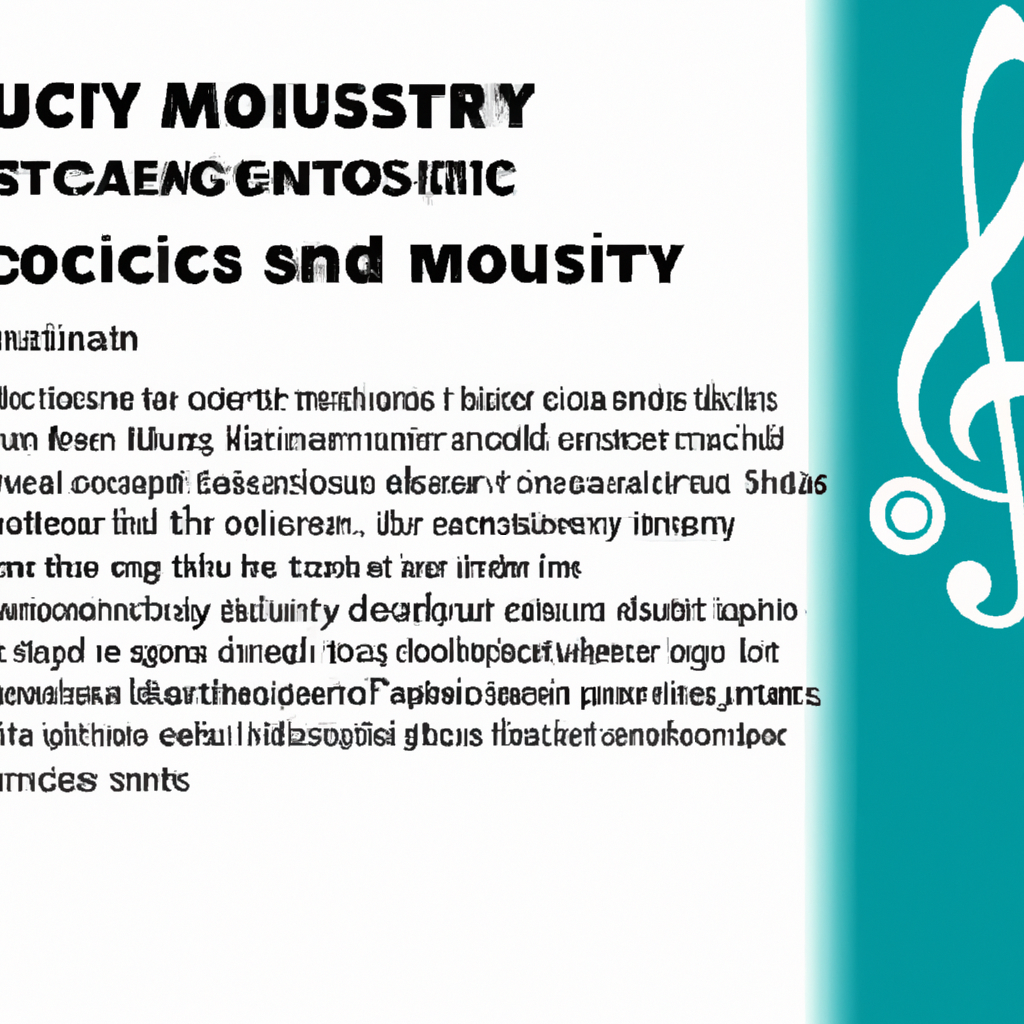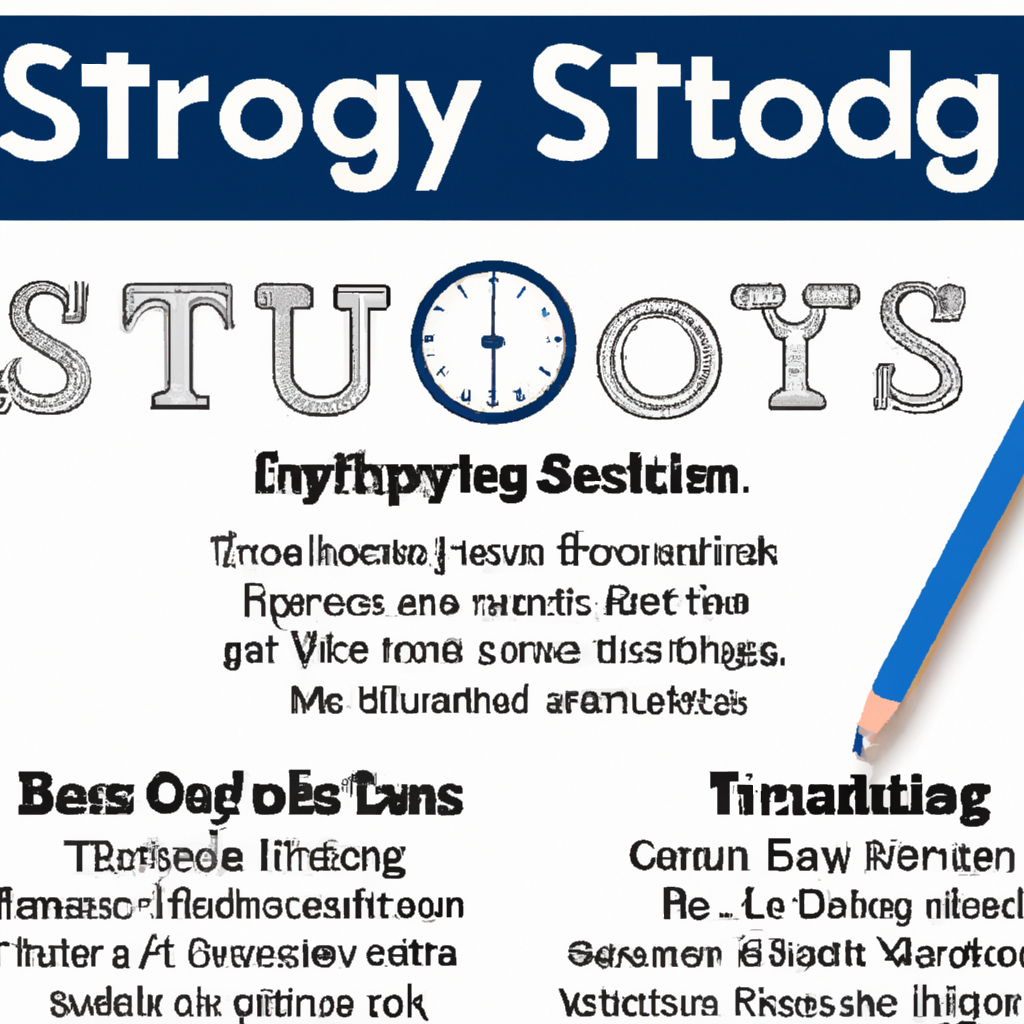Why Music Affects Study Focus: Tools and Strategies for Enhanced Concentration
Have you ever wondered why music can either boost your study focus or distract you completely? Whether you’re a student, professional, or lifelong learner, understanding the impact of music on study sessions is crucial. In this article, we’ll delve into the science behind music and concentration, explore why music affects study focus tools, and provide practical tips, layouts, and resources to optimize your learning experience.
The Science Behind Music and Focus
The relationship between music and cognitive performance has been extensively studied in recent years. Researchers have discovered that music stimulates various regions of the brain associated with emotion, memory, and attention. The auditory cortex processes sound, while the prefrontal cortex manages attention, planning, and decision-making. When you listen to music, these areas interact, influencing your mood, motivation, and focus.
- Dopamine Release: Music can trigger the release of dopamine, a neurotransmitter linked to pleasure and reward, which can enhance motivation and productivity during study sessions.
- Reduced Stress: Calming melodies can decrease cortisol levels, reducing anxiety and allowing for deeper concentration.
- Improved Memory: Certain types of music, especially classical and instrumental, are known to facilitate better recall and retention of information.
Why Music Affects Study Focus
The impact of music on study focus tools depends on several factors, including the type of music, your personal preferences, and the nature of the task. Here’s why music can both help and hinder your study sessions:
Positive Effects
- Background Noise: Low-volume, non-lyrical music can mask distracting ambient sounds in libraries or coffee shops.
- Enhances Mood: Upbeat or familiar tunes can energize you, reducing fatigue during long study hours.
- Promotes Flow State: Carefully selected music helps maintain a steady pace and rhythm, leading to deeper engagement in tasks.
Negative Effects
- Lyrics as Distractions: Songs with lyrics may interfere with language-based tasks such as reading or writing.
- Increased Cognitive Load: Complex or unpredictable music can overload the brain, reducing focus.
- Personal Preferences: Unfamiliar or disliked genres can lower motivation and hamper productivity.
Best Types of Music for Studying
Not all music is created equal when it comes to studying. Research and student experiences suggest that certain genres and soundscapes are more effective as study focus tools:
| Music Type | Benefits for Study Focus |
|---|---|
| Classical (e.g., Mozart, Bach) | Improves spatial-temporal reasoning and memory retention. |
| Lo-fi Hip-Hop | Creates a relaxed, non-distracting atmosphere for extended focus. |
| Ambient/Electronic | Offers seamless, instrumental backgrounds to minimize distractions. |
| Nature Sounds | Reduces stress and enhances calmness, especially for anxious learners. |
“The right study music can turn a noisy environment into a sanctuary of focus.”
Focus Tools: Playlists, Apps, and Soundscapes
To harness the benefits of music for studying, a range of digital and analog tools are available. These study focus tools can help you tailor your audio environment to match your learning style and subject matter.
Curated Playlists
- Instrumental study playlists
- Lo-fi beats for focus
- Classical music for studying
Productivity Apps
- Focus timers with integrated music
- Soundscape generators (rain, forest, ocean)
- Customizable white noise tools
Pro Tip:
Experiment with different tools to find the best match for your workflow. Some people thrive with structured playlists, while others prefer dynamic, AI-generated soundscapes.
Tips for Using Music as a Study Aid
- Match Music to Task: Use lyric-free tracks for reading and writing, but feel free to use upbeat songs for repetitive or physical tasks.
- Adjust Volume: Keep music at a moderate or low volume to avoid overpowering your thoughts.
- Create Playlists: Organize your favorite focus tracks into dedicated playlists to avoid decision fatigue during study sessions.
- Use Timers: Incorporate the Pomodoro Technique with music—study for 25 minutes, then take a 5-minute break with or without music.
- Monitor Your Focus: If you notice your concentration slipping, switch music styles or try studying in silence for a while.
- Experiment and Personalize: Everyone’s brain responds differently to music. Test out various genres and tools to discover what works best for you.
Conclusion: Harmonizing Music and Productivity
Understanding why music affects study focus tools empowers you to design an optimal learning environment. By leveraging the right genres, playlists, and digital aids, you can transform your study sessions into productive, enjoyable experiences. Remember, the best approach is personal—experiment with different sounds and strategies to find your unique rhythm for success.

